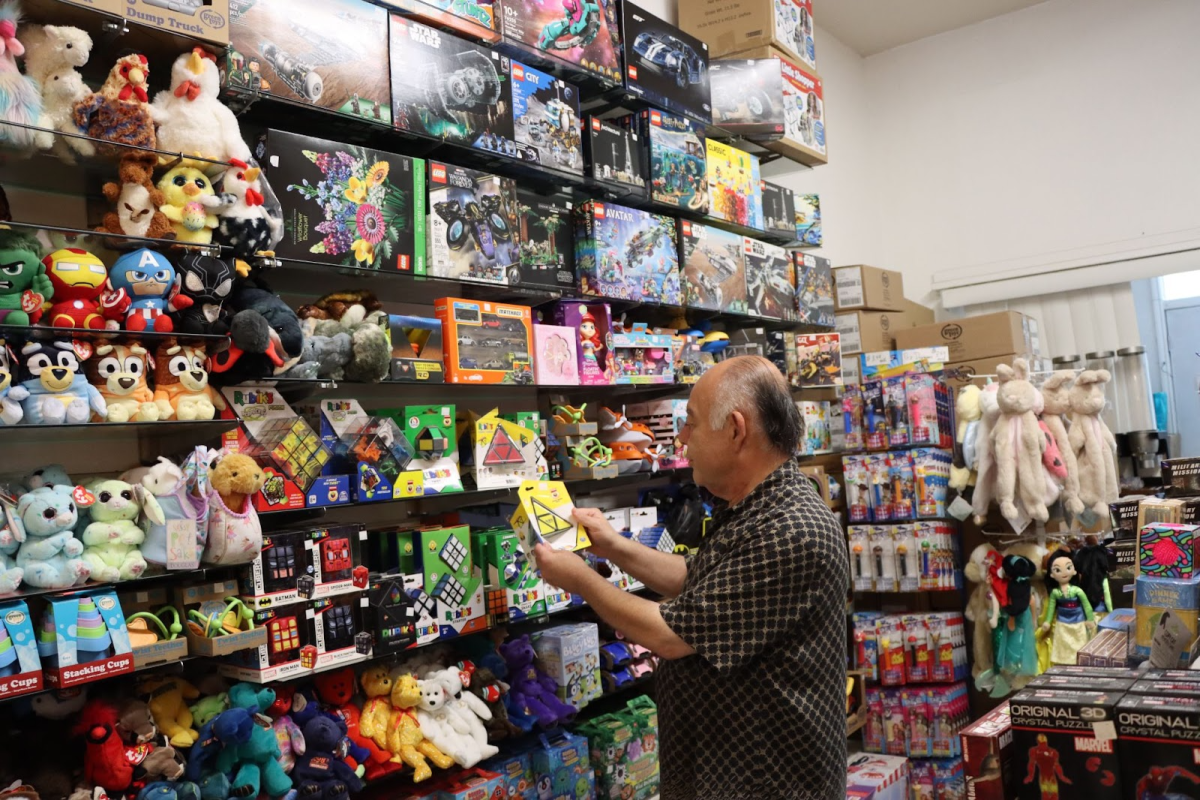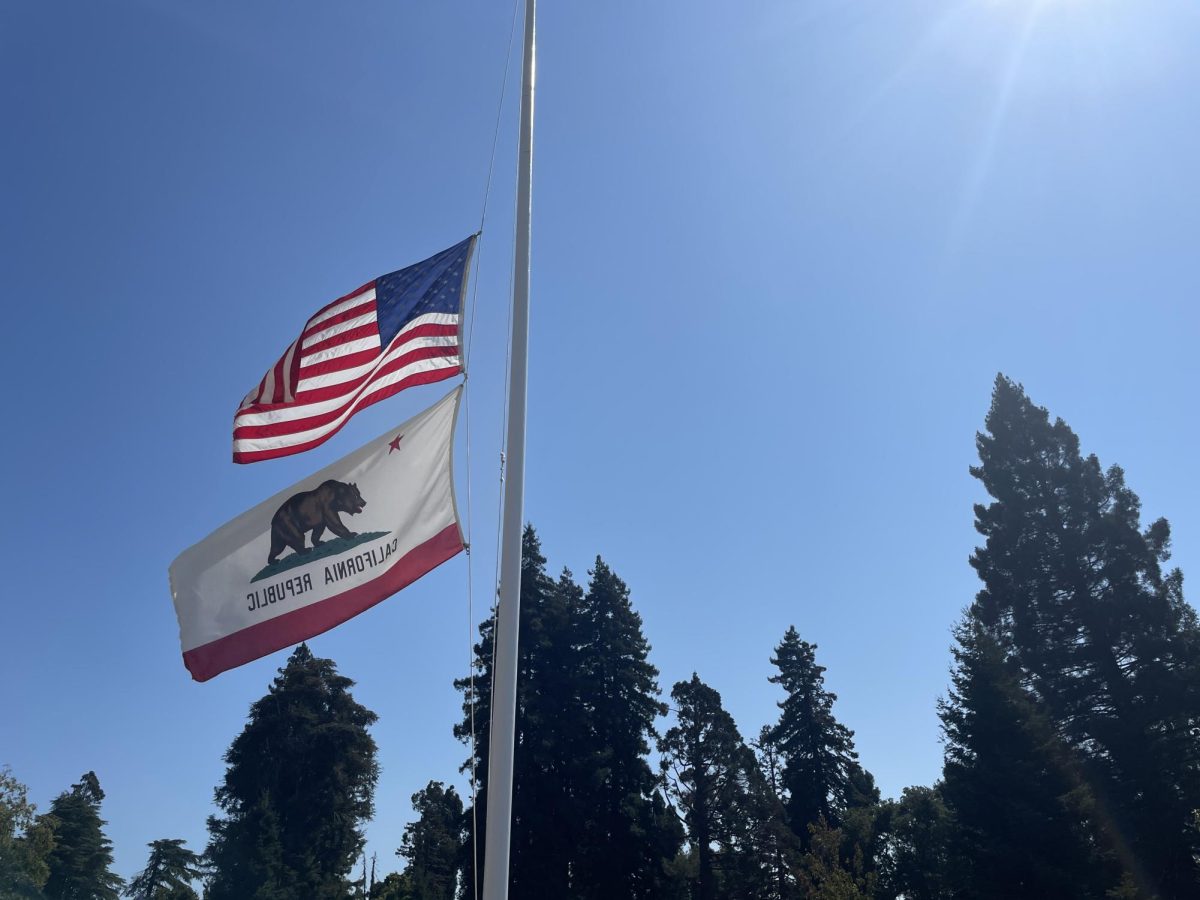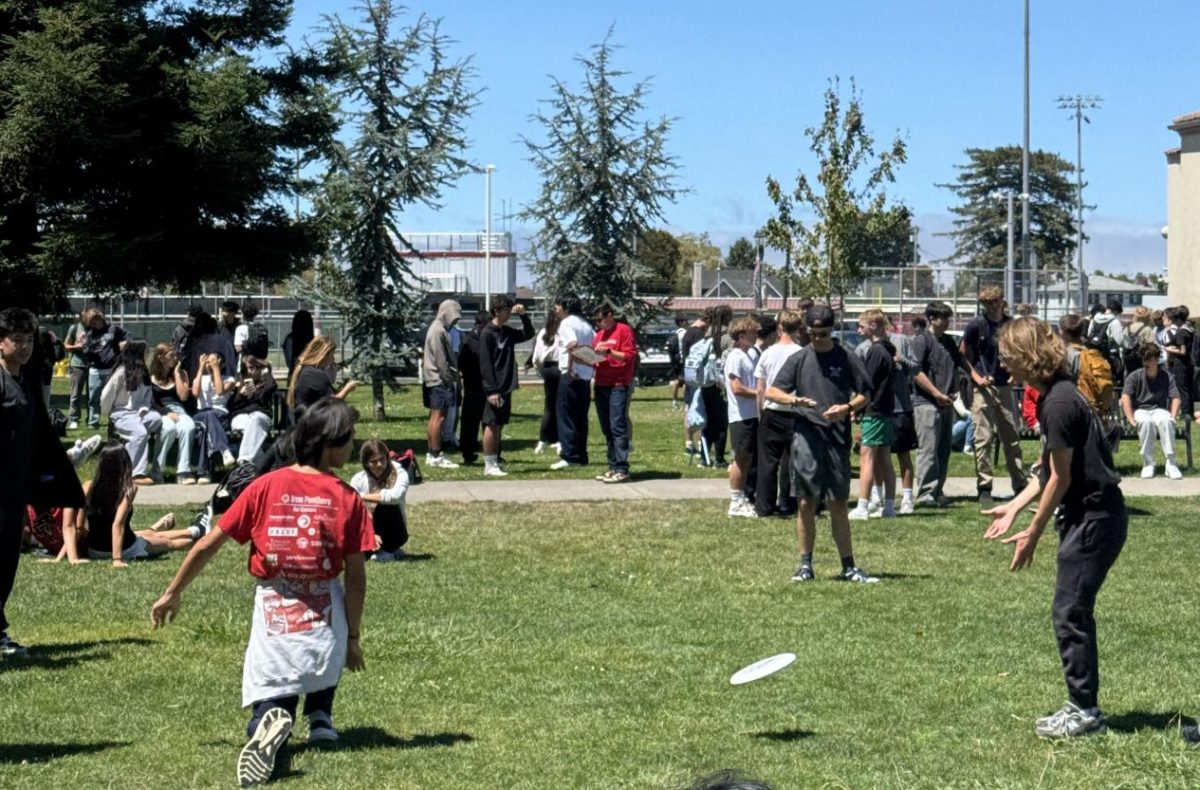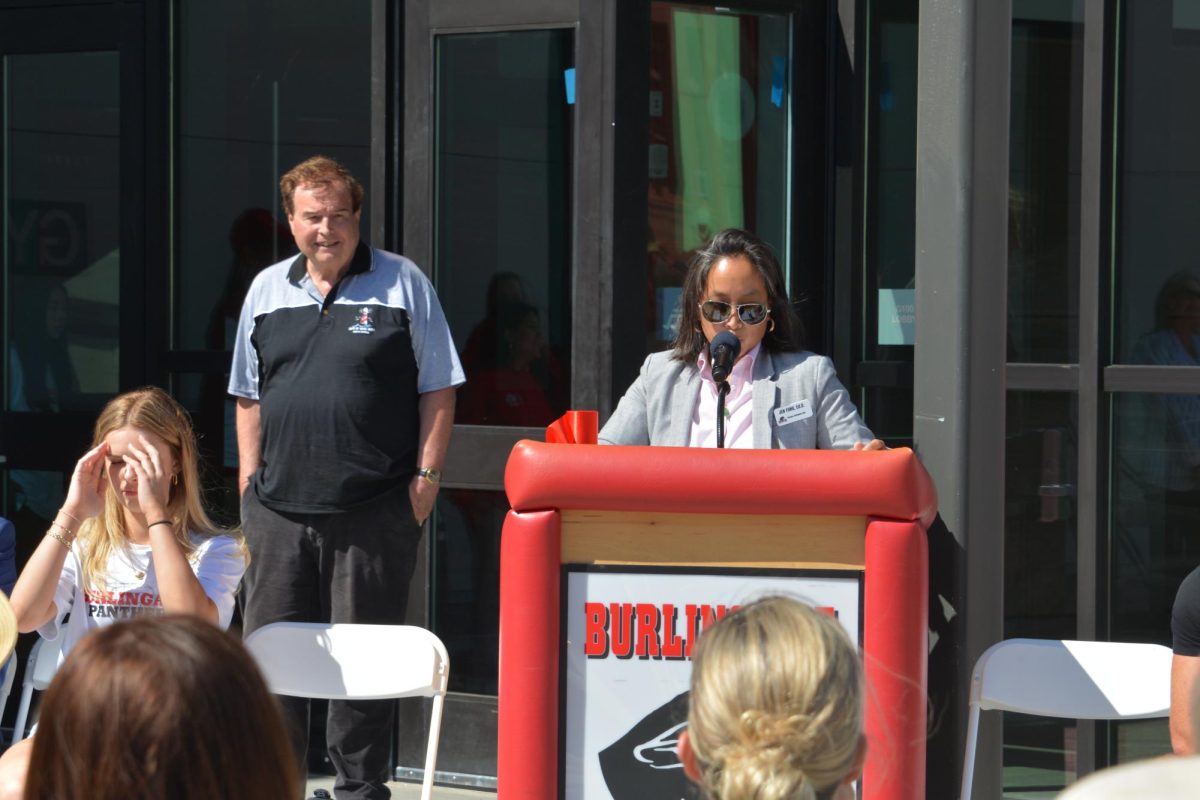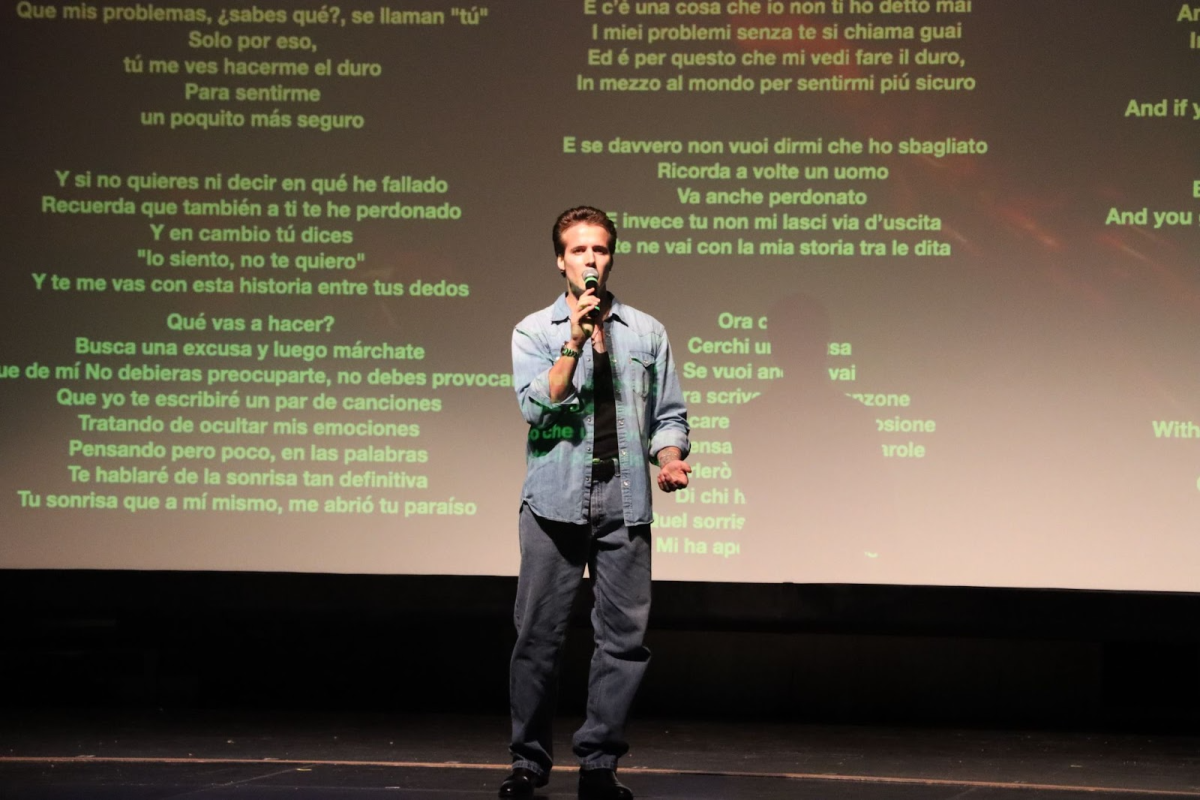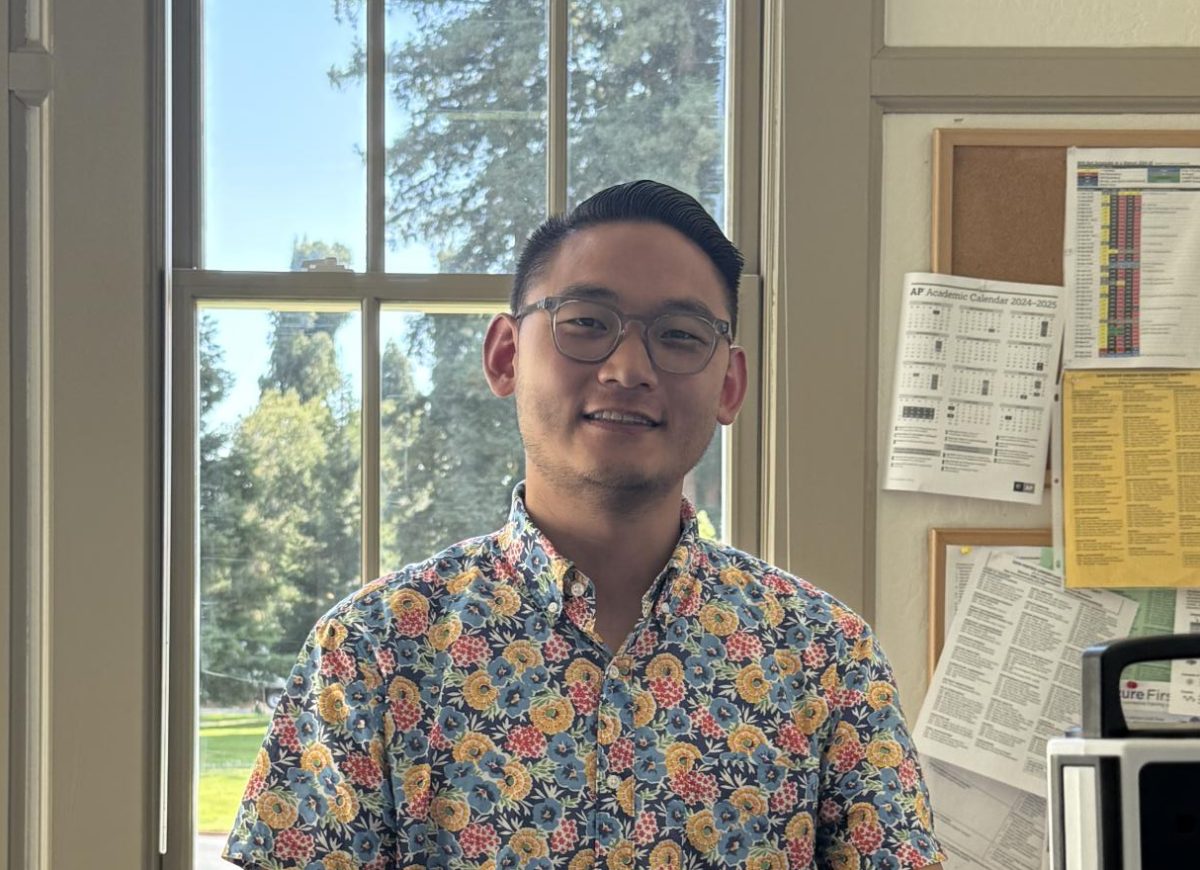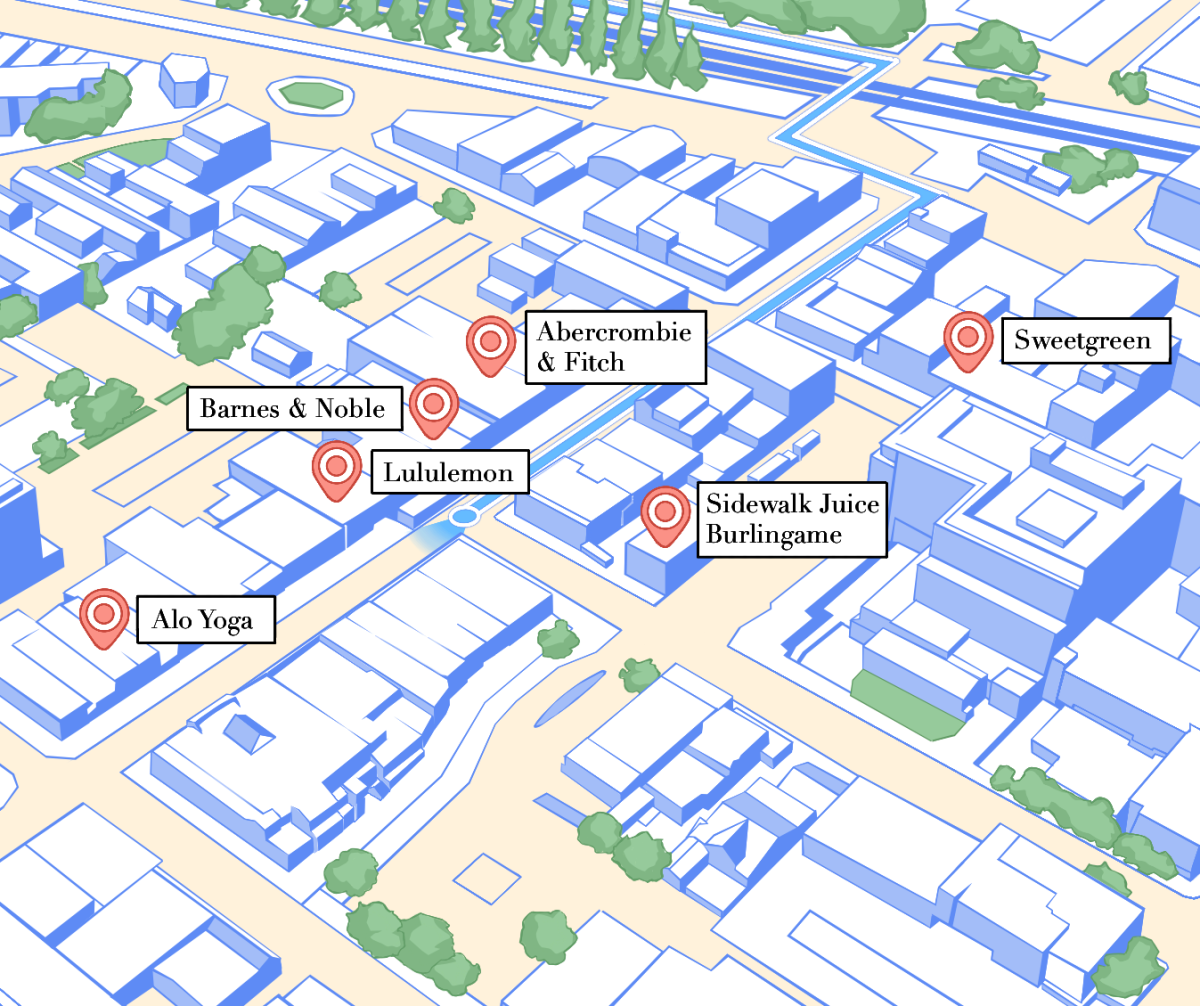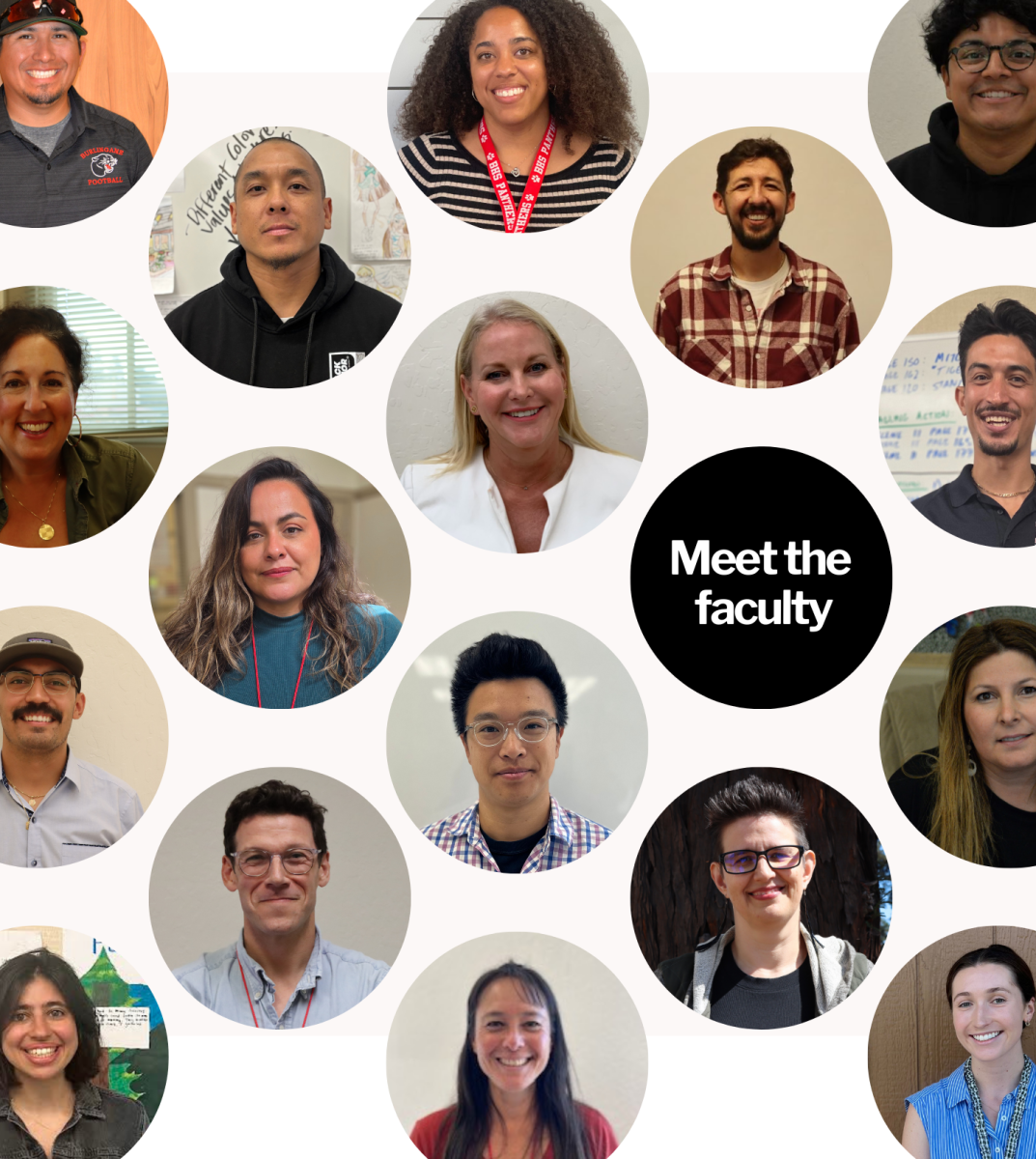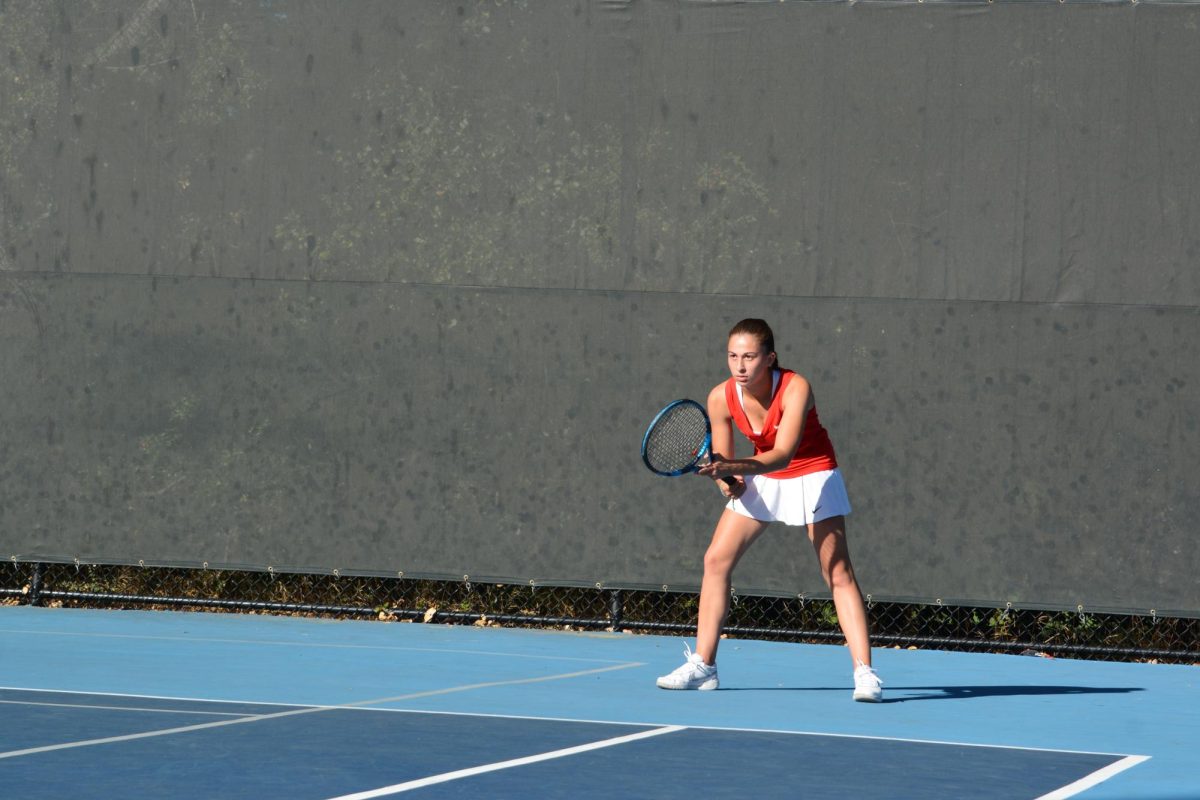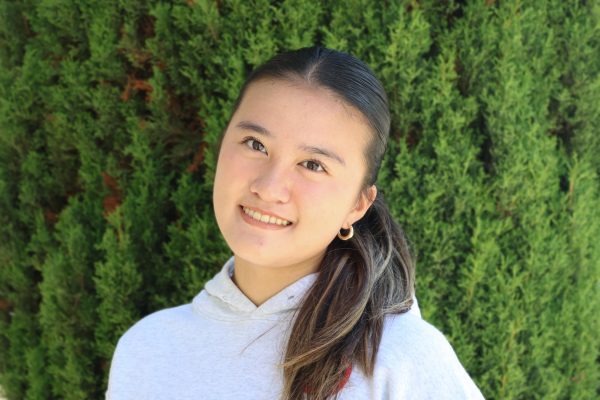AAPI Month, observed every May, celebrates the rich heritage and culture of Asian Americans and Pacific Islanders. It also highlights the need for education to address ongoing microaggressions targeted at the AAPI community — issues still encountered by some students in Burlingame. In response, students have taken strides to combat hate, advocate for diverse education and create supportive communities on campus.
Jaslene Lai
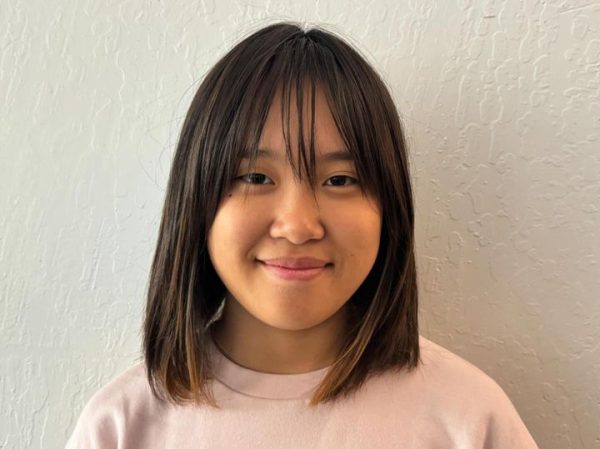
In response to discrimination and hate crimes targeting the Asian American and Pacific Islander (AAPI) communities following the pandemic, sophomore Jaslene Lai decided to take action. Lai co-founded a nonprofit organization called AAPI Youth Rising to fight for victims of racial prejudice.
“COVID-19 caused a large spark and anti-Asian hate, because of scapegoating the Chinese people. So we organized a rally around March of 2021. Around 2000 people in the community showed up and we were just astounded. And that’s when we were thinking, ‘well, maybe we should also just tackle the root of this problem.’ And we realized at that time, especially there was a lack of inclusive education,” Lai said.
After hosting a rally in Berkeley that attracted 1200 supporters, AAPI Youth Rising has expanded to over 150 chapters across 35 states.
To combat hate, Lai and her team have partnered with the California Civil Rights Department to help report incidents.
“Recently, we’ve been partnering up with the California CRD civil rights department in the release of this hate incident hotline called California versus Hate. You just call them and report the hate that happened,” Lai said.
Lai and her team are also organizing educational workshops and outreach programs to raise awareness about the hotline and other resources available to those affected by hate incidents. These initiatives aim to build resilience within communities and provide the tools necessary to combat hate effectively.
“If you are ever faced with this [hate crime], don’t be afraid to talk it out with someone — there are resources, and know you’re not alone,” Lai said.
Torbin Alberts

Senior Torbin Alberts, who is president of the Asian American and Pacific Islander club, began to notice the lack of knowledge and awareness about the struggles of AAPI communities.
“People don’t even know what race I am, and they get confused…They don’t really recognize that Asia is this massive place you can’t really represent it all [in one term] because it’s so big,” Alberts said.
Starting the club only this year, Alberts’s goal is to create a space for all members of the AAPI community. As someone who experienced and saw a lot of hate towards Asian Americans, this made him eager to help.
Alberts’s perspective sheds light on the controversy of lumping an extremely diverse group of people under a single category. He emphasizes a struggle often overlooked: the term “Asian” often fails to adequately represent everyone.
“I feel like in America, our concept of ‘Asian’ is not very good,” Alberts said. “Asia is a big place and people always think that you must be related to Chinese people or like Japanese but that’s not always the case.”
Ava Gonzalez

Senior Ava Gonzalez heads the Diversity and Inclusion committee of leadership, where she focuses on educating students about different cultures.
“My job is to make sure that every month there is a heritage that is being celebrated, and that there’s some sort of educating material on that, typically the slide decks in our bulletin or, maybe bringing in a performer, like a lion dancing, or something that connects with the heritage that’s being represented,” Gonzalez said.
As a Filipina herself, Gonzalez has noticed progress but recognizes the potential of grouping diverse cultures together under one term.
“I feel like it can both unify people and make us all feel connected under one term, but also I get that it’s a very broad term and there’s a lack of specificity. But I do think that maybe in the future, you can change it to something that still makes people feel included, but gives everyone more individual spotlight,” Gonzalez said.
Rhian Cordero
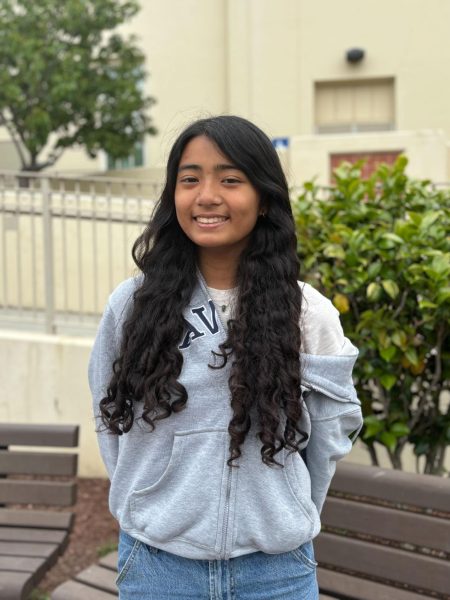
As co-founder of the Filipino Club, junior Rhian Cordero has experienced microaggressions on campus.
“I get comments on the color of my skin, and they even are surprised to know that I’m Asian,” Codero said. “A lot of people forget that Filipino people and Indian people are Asian too.”
Codero created her club to unite Filipino students at Burlingame and show support for the Filipino community.
“I created this club to bring in all the Filipino people, because there’s not that many Filipinos at school so I don’t want to make anyone feel like they’re alone,” Cordero said. By bringing everyone together, everyone feel connected and just have that group and support.”


